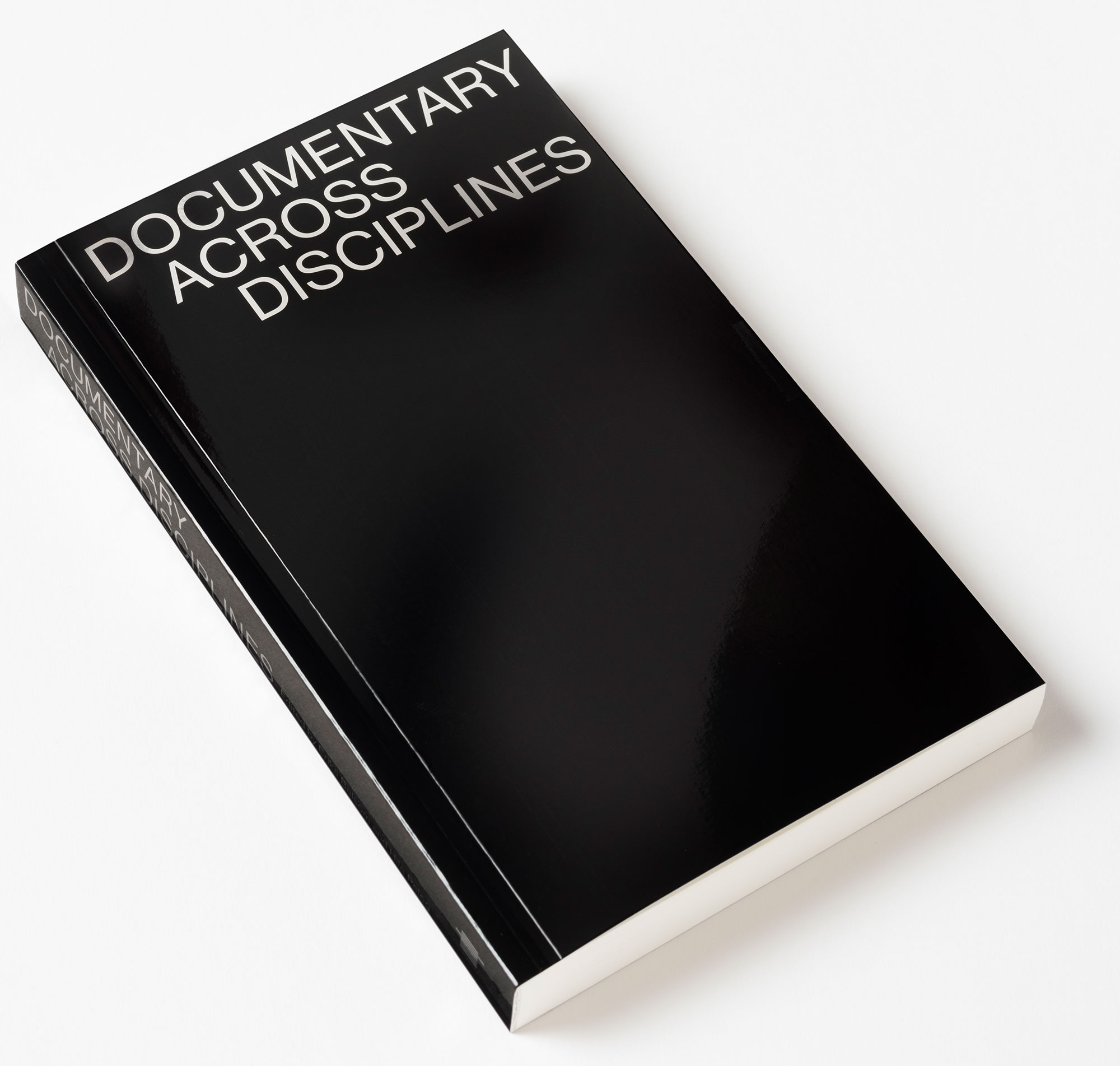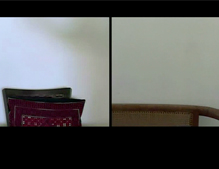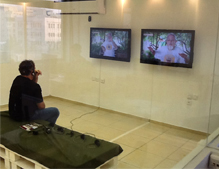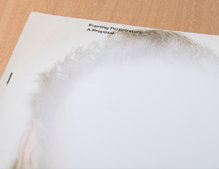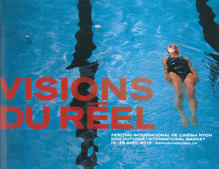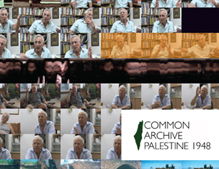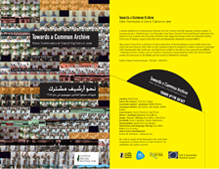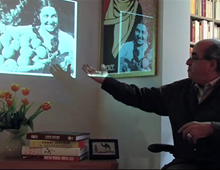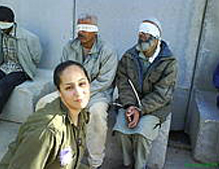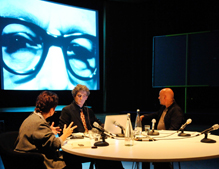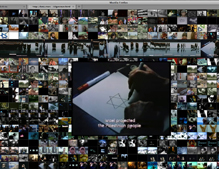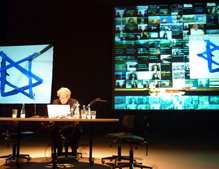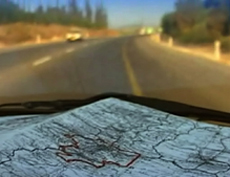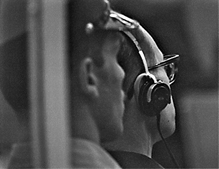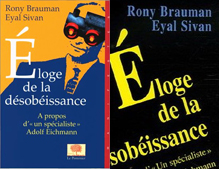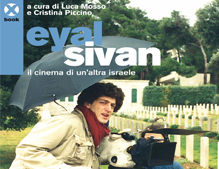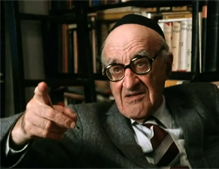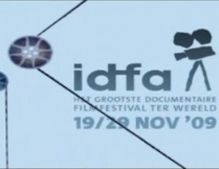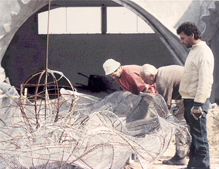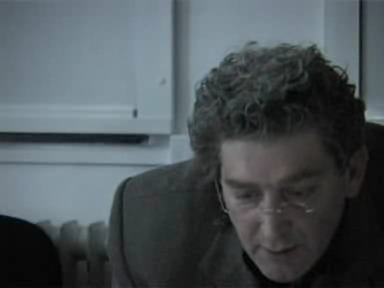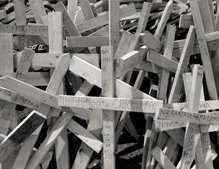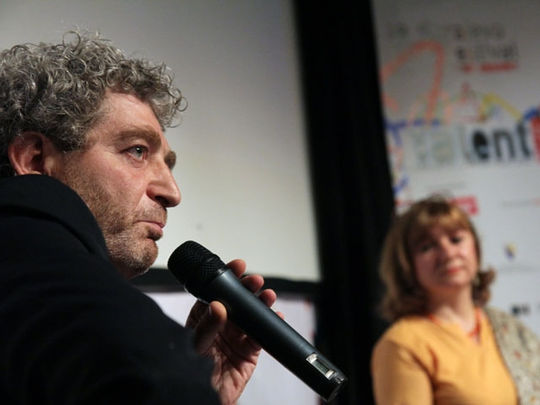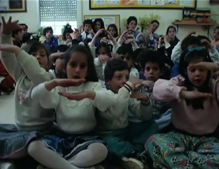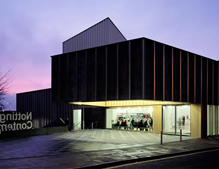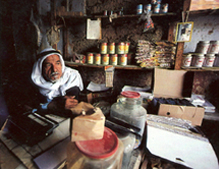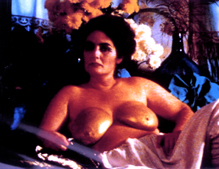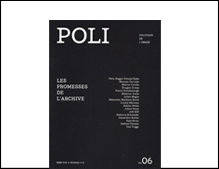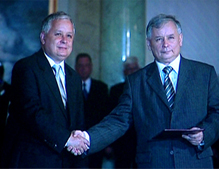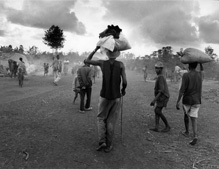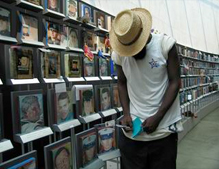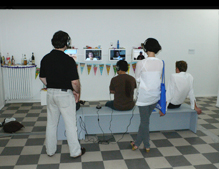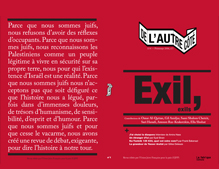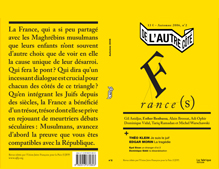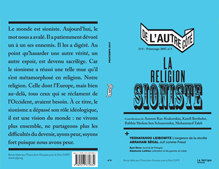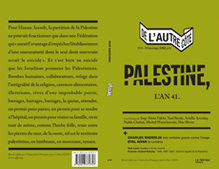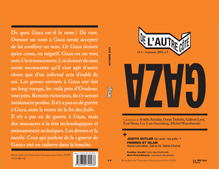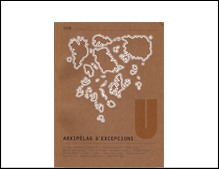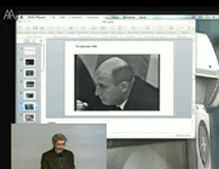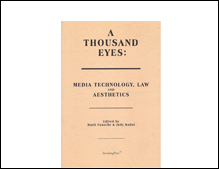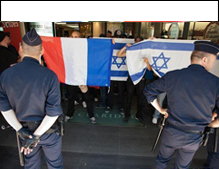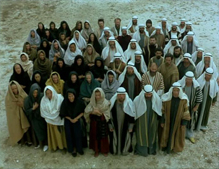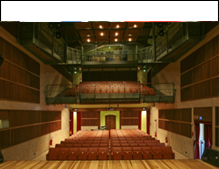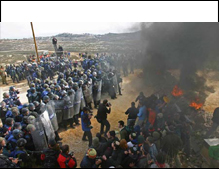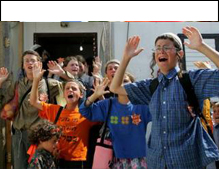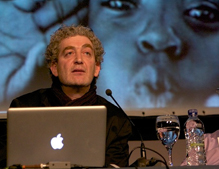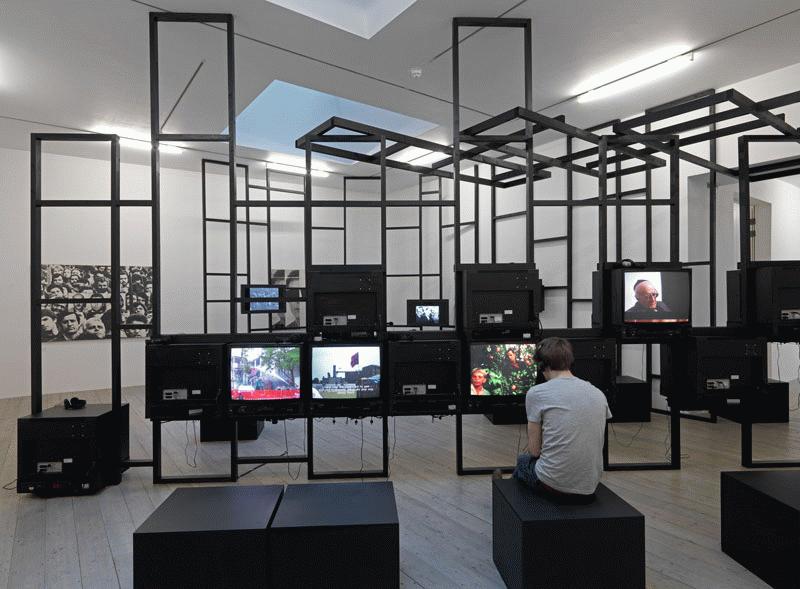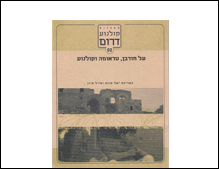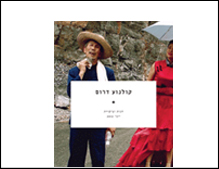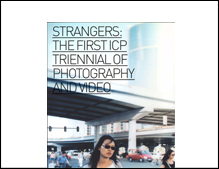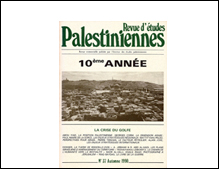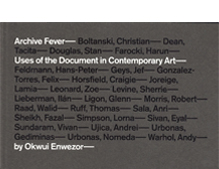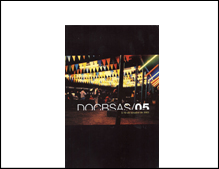-
Proposal for a visual media exhibition
with the participation of students of the Master of Film at the Dutch Film Academy, Amsterdam -
Get my films
Buy DVDs online at www.momento-films.com -
IZKOR
slaves of memory
Documentary film | 1990 | 97 min | color | 16mm | 4:3 | OV Hebrew ST -
Common Archive Palestine 1948
web based cross-reference archive and production platform
www.commonarchives.net/1948 - Project in progress - -
Montage Interdit [forbidden editing]
With professors Ella (Habiba) Shohat and Robert Stam / Berlin Documentary Forum 2 / Haus der Kulturen der Welt / June 2012 -
Route 181
fragments of a journay in Palestine-Israel
Documentary film co-directed with Michel Khleifi | 2003 | 272 min [4.5H] | color | video | 16:9 | OV Arabic, Hebrew ST
-
The Specialist
portrait of a modern criminal
Documentary film | 1999 | co-author Rony Brauman | 128 min | B/W | 4:3 | 35 mm | OV German, Hebrew ST -
Jaffa
the orange's clockwork
Documentary film | 2009 | 88 min | color & B/W | 16:9 | Digital video | OV Arabic, Hebrew, English, French ST
-
Montage Interdit
www.montageinterdit.net
Web-based documentary practice. A production tool, archive and distribution device | project in progress
-
Common State
potential conversation [1]
Documentary film | 2012 | 123 min | color | video | 16:9 split screen | OV Arabic, Hebrew ST -
Towards a common archive
testimonies by Zionist veterans of 1948 war in Palestine
Visual Media exhibition | Zochrot Gallery (Zochrot visual media lab) | Tel-Aviv | October 2012 - January 2013
-
I Love You All
Aus Liebe Zum Volk
Documentary film co-directed with Audrey Maurion | 2004 | 89 minutes | b/w & color | 35mm | OV German, French ST
press
Aqabat-Jaber, Passing through, by Dan Izenberg (Associated Press)
03.07.1987
A0470_R IBT 03_07 00420 PM Refugee Film. 0418
Palestinians Watch Prize-Winning Film About Their Refugee Camp
By DAN IZENBERG associated press writer
Aqabat Jaber, Occupied West Bank (AP) - Some 200 Palestinian refugees living in mud homes in a dusty patch of desert near the biblical town of Jericho watched a prize-winning film about their lives and loved it.
Paris-based Israeli director Eyal Sivan, 23, said it was the first time a film about Palestinian refugees had been screened for the refugees themselves.
The all-male audience, some of whom starred in the 90-minute film, gathered in an empty classroom Thursday to laugh and cheer as they pointed at themselves and their neighbours on the screen.
Imad Il Hodeli, a 24-year-old native of the camp, said afterwards: “The film was an accurate representation of life in the camp. It showed the hard situation in which we live.”
The film called “Aqabat Jaber”, won first prize last spring at a documentary film festival, the Festival du Réel, at the Pompidou Centre in Paris.
The documentary tells the story of what was once the Middle East’s largest Palestinian refugees camp, witch later almost became a ghost town.
The camp was established by the United Nations Refugee Works Authority in the early 1950’s near Jericho in the West Bank, then under Jordanian control.
About 70,000 refugees lived in Aqabat Jaber until the June 1967 Middle East war, when the area was captured by Israeli troops.
Most Palestinians in the camp fled to Jordan to escape the advancing Israelis.
Today, 3,000 Palestinians live along the dusty, unpaved road, in mud huts without running water or telephones, dreaming about the day they will return to the villages they or their parents abandoned during the 1948 Middle East war.
Although most of the residents of Aqabat Jaber have not lived anywhere else, they do not consider it their home.
“Man is nothing without his homeland”, an unidentified refugee told Sivan, “Back there, at home, it was paradise.”
“I expect to leave this camp at any moment,” said another, “I want to go back to the village where my ancestors lived.”
Sivan and a French film crew spent 12 days at Aqabat Jaber last November shooting the film. He said the government gave him a free hand in making the movie.
The film made its Israeli premiere during the Jerusalem Film Festival earlier this week. Sivan said it aroused strong responses both in favour of it and against.
Palestinians Watch Prize-Winning Film About Their Refugee Camp
By DAN IZENBERG associated press writer
Aqabat Jaber, Occupied West Bank (AP) - Some 200 Palestinian refugees living in mud homes in a dusty patch of desert near the biblical town of Jericho watched a prize-winning film about their lives and loved it.
Paris-based Israeli director Eyal Sivan, 23, said it was the first time a film about Palestinian refugees had been screened for the refugees themselves.
The all-male audience, some of whom starred in the 90-minute film, gathered in an empty classroom Thursday to laugh and cheer as they pointed at themselves and their neighbours on the screen.
Imad Il Hodeli, a 24-year-old native of the camp, said afterwards: “The film was an accurate representation of life in the camp. It showed the hard situation in which we live.”
The film called “Aqabat Jaber”, won first prize last spring at a documentary film festival, the Festival du Réel, at the Pompidou Centre in Paris.
The documentary tells the story of what was once the Middle East’s largest Palestinian refugees camp, witch later almost became a ghost town.
The camp was established by the United Nations Refugee Works Authority in the early 1950’s near Jericho in the West Bank, then under Jordanian control.
About 70,000 refugees lived in Aqabat Jaber until the June 1967 Middle East war, when the area was captured by Israeli troops.
Most Palestinians in the camp fled to Jordan to escape the advancing Israelis.
Today, 3,000 Palestinians live along the dusty, unpaved road, in mud huts without running water or telephones, dreaming about the day they will return to the villages they or their parents abandoned during the 1948 Middle East war.
Although most of the residents of Aqabat Jaber have not lived anywhere else, they do not consider it their home.
“Man is nothing without his homeland”, an unidentified refugee told Sivan, “Back there, at home, it was paradise.”
“I expect to leave this camp at any moment,” said another, “I want to go back to the village where my ancestors lived.”
Sivan and a French film crew spent 12 days at Aqabat Jaber last November shooting the film. He said the government gave him a free hand in making the movie.
The film made its Israeli premiere during the Jerusalem Film Festival earlier this week. Sivan said it aroused strong responses both in favour of it and against.

